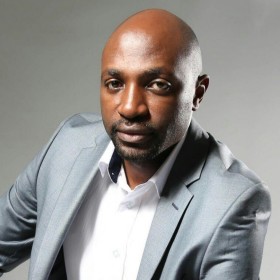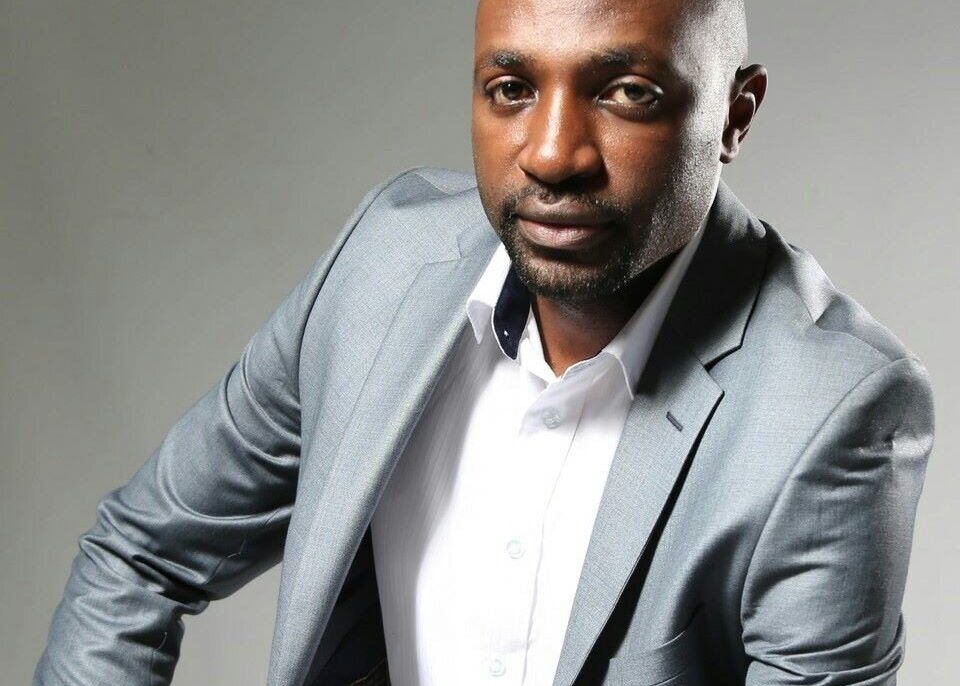When the Economic Misfit first run this story, it caught our eye. It also didn’t come as a surprise to his peers that Dickson Mushabe, an entrepreneur and author, would think of a ‘techy’ way to give during these tough times. Like many, he understood that a large number of people depended on daily income to afford food, accommodation, and other basic necessities of life, a thing the lock down had since made impossible.
And that is how the DophinFund, a community driven platform which enables individuals and organisations to raise funds for worthy causes, came about. The Economic Misfit wrote thusly:
DolphinFund is an internet based crowdfunding platform that allows individuals to set up accounts, describe the need for which they are raising funds and invite others to contribute to it. The platform can be accessed at https://dolphinfund.org/.
Funds are donated through a cashless payments and collection system powered by the internationally recognised and licensed payments company Flutterwave. Through this transaction system, donations can be made using mobile money or credit and debit cards. The funds collected are then transferred to a bank account or mobile money wallet specified by the fundraiser.
The DolphinFund platform is a Ugandan product, built with a deep understanding of the Ugandan ecosystem and dynamics. Account funds will be denominated in Ugandan shillings. However, donations can be received from both local and international sources.
Built with innovative technology, the platform includes capabilities for people to represent communities or other individuals that are not able to access the internet themselves.
Since it costs nothing to set up and only has a small management fee attached to it, Mushabe thought this would be a viable alternative in these tough times. “Although the inspiration behind the platform was to help those affected by COVID19,” the Economic Misfit noted. “DolphinFund platform will remain operational even after the coronavirus restrictions are lifted as it is expected that it will take some time for businesses and other sources of livelihood to get back to normal.”
By Civsource Africa Team

